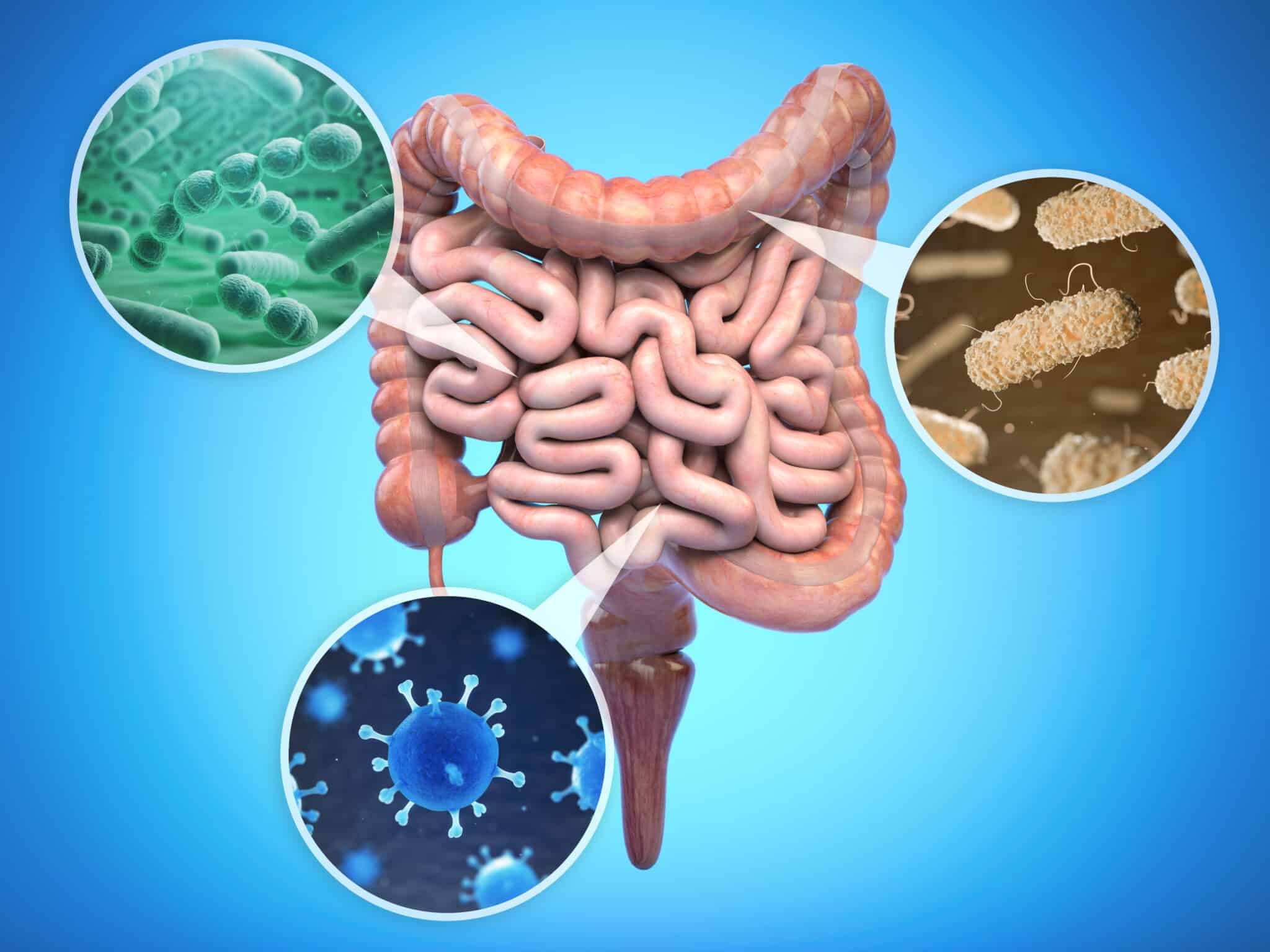
Bacteria: What Are They Good For?
When you hear the word, “bacteria,” you probably think of something bad for you, and for good reason. Bacteria are known to cause many serious diseases like pneumonia, strep throat, and food poisoning. While some bacteria are harmful, most bacteria serve a useful purpose from supporting life (plant and human) to being used in medicinal processes. While we spend a great deal of time trying to avoid bad bacteria, it’s important to care for our good bacteria as well. Let’s take a closer look at bacteria to better understand how they can actually be good for us.
What is Bacteria?
Bacteria are microscopic, single-celled organisms that exorcist together in communities of millions.1 There are many types of bacteria and they’re classified based on their shape:
- Spherical – these are called cocci; an example is the streptococcus group that is responsible for strep throat
- Rod-shaped – these are called bacilli; an example is Aeromonas hydrophila (causes traveler’s diarrhea).
- Spiral – these bacteria are called spirilla; they have been identified in ditches, canal water, as well as sewage among other stagnant water bodies.
Bacteria can be found nearly everywhere, from the soil and water to animals and our guts. In fact, our gut hosts 300 to 500 different kinds of bacteria and helps make up the microbiome when paired with other organisms like viruses and fungi. 2
Good Bacteria vs Bad Bacteria
We can think of bacteria in terms of good versus bad. Bad bacteria may, if too abundant, throw off the microbial balance in the digestive tract. Those are the bacteria that make it necessary to wash our hands, stay cautious about food preparation, and disinfect kitchens, bathrooms, and other areas where bacteria thrive. Antibiotics are used to kill the bad bacteria, but may also kill good bacteria as well. On the flip side, you have good bacteria that are important for our health.
Good bacteria make up probiotics, which help us digest food, absorb nutrients, and produce several vitamins in the intestinal tract such as folic acid, vitamins B6 and B12, and niacin. These good bacteria, or probiotics, help protect against bad bacteria and provide a balance between good and bad bacteria. They can also restore balance in your gut after taking antibiotics. And with about 70% of our immune system being housed in our gut, it’s important to maintain a healthy gut for overall health.3
Probiotics — The Good Bacteria
As we mentioned, probiotics are good bacteria that help our bodies maintain a healthy balance between bad bacteria and good bacteria.* Probiotics can be found in many fermented foods or as supplements. Research has shown that probiotics may have many health benefits like easing the symptoms of antibiotic-related diarrhea and many other digestive issues to supporting the immune system. 4
Many types of good bacteria are classified as probiotics. And while there are many types of probiotics, most benefits can be found in two groups: Lactobacillus and Bifidobacterium. Additionally, each strain has a different effect. One strain might help support your child with colic but another one won’t.
Because different types do different things, it’s important to understand how to choose the right probiotic for your needs. Floradapt strains are specifically selected after rigorous testing and screening to ensure that the strains are targeted for your specific needs, whether it’s gut health or immune health. Taking care of your good bacteria is just as important as avoiding bad bacteria. And taking a probiotic is a good way to do just that. If you’re just getting started with probiotics, take a look at What to Know Before Taking a Probiotic and, as always, if you have questions or concerns, talk with your doctor.
*These statements have not been evaluated by the U.S. Food and Drug Administration. This product is not intended to diagnose, treat, cure, or prevent any disease. Please consult your physician before implementing any new diet, exercise, and dietary supplement programs, especially if you have preexisting medical conditions or are taking prescribed medications.


